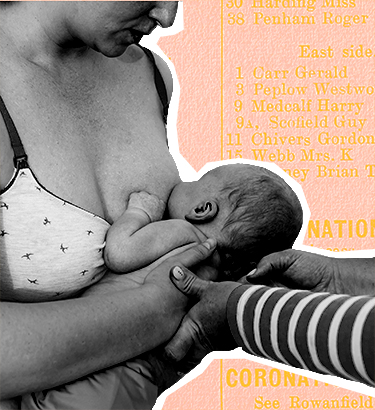While it may seem like the most natural thing in the world, successfully breastfeeding your baby is often more challenging than expected. This is especially true if you're breastfeeding for the first time. But even if you consider yourself battle-tested, so to speak, having an expert to guide you through your breastfeeding journey goes a long way.
From giving advice to answering your questions, a lactation specialist can offer you peace of mind and ensure you meet and sustain your breastfeeding goals.











